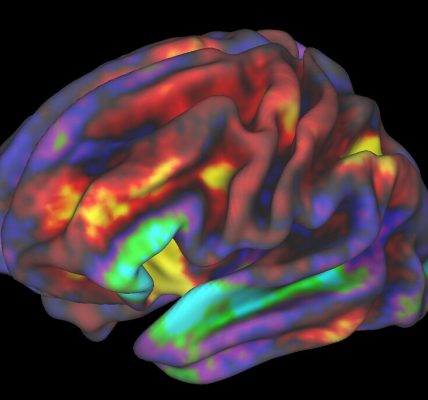Is Revenge An Addiction?

Is it possible that the desire for revenge impacts the human body the same way as drugs of addiction do? Could the thirst for justice be just as compelling as the alcoholic’s urge to drink or the heroin addict’s cravings?
That is the thesis of a very unusual doctor, a doctor of jurisprudence, who has spent his adult life researching revenge. James Kimmel, Jr., JD, is an attorney and a lecturer in psychiatry at the Yale School of Medicine. He is considered the first person to identify compulsive revenge seeking as an addiction.
In a paper published in the journal, Law, Medicine & Ethics, Dr. Kimmel lays out the case for revenge to be treated as an addiction:
Neuroscience and behavioral studies are beginning to reveal that the desire for revenge in response to grievances activates the same neural reward-processing circuitry as that of substance addiction, suggesting that grievances trigger powerful cravings for revenge in anticipation of experiencing pleasure.
Treating violence as a behavioral addiction has significant benefits for the individual and for society, argues Dr. Kimmel. The similarity between the urge to commit violent acts of revenge and the urges of substance abuse leads Dr. Kimmel to extend the metaphor, and he recommends treating “gun abuse” or “violence abuse” with the same tools used to treat drug abuse and drug addiction. That includes awareness campaigns to teach anti-violence to kids, and addiction treatment programs for violent offenders who suffer from an addiction to revenge.
In a recent interview in the magazine, Men’s Health, Dr. Kimmel explains how harboring grievances leads to an addiction to revenge. Similar to the Unified Theory of Addiction, which postulates that behavioral and substance addictions are both mechanisms for displacing stress, Dr. Kimmel says the desire for revenge is a dopamine generator and that repeated fantasizing about revenge can lead to a physical addiction to it.
Dr. Kimmel told Men’s Health that…
[…] humans get an enormous amount of pleasure and dopamine release from thinking about retaliating or seeking revenge against and inflicting pain upon the person who caused our grievance.
The desire for revenge, with its dopamine flashes, can erode self-control and executive functions in the prefrontal cortex, clouding judgment in the same way as substance cravings or urges, Dr. Kimmel says, making revenge difficult to resist. “The positive affect associated with revenge serves as an emotion-regulatory tool that assuages the aversive experience of being harmed,” write the authors of The Handbook of Forgiveness in a chapter about why thinking about revenge feels so good.
The addiction of revenge is not just a metaphor, though, it’s the same science coursing through the same reward system with the same predictable results. And here’s the kicker: Actually, getting revenge doesn’t satisfy the way revenge addicts expect it to. The actual moment of revenge does not feel as good as thinking about getting revenge. It is the expectation of reward that turns revenge into an addiction.
Like other addictions, the desire for revenge can be all-consuming, leading to sleep disruption, anxiety, and difficulty concentrating. Revenge addiction is often intertwined with substance use disorders, as the two disorders feed off each other. That’s why Dr. Kimmel has developed methods for intervening in revenge addiction by teaching forgiveness.
Kimmel developed the “School Nonjustice System bullying prevention and victim support program” to teach the benefits of forgiveness over the poison of revenge to school-aged children. Perhaps showing the creator’s legal background, the intervention takes the form of a nine-step mock trial. Participants, all self-identified as harboring grievances, are given a scenario involving an obvious injustice.
They then go through the eight traditional steps of a trial, taking on the roles of prosecutor, defense attorney, jury, and judge. The ninth step is to pass judgment. The participants’ desire for revenge is measured before the intervention, after the intervention, and two weeks later. “The participants’ desire for revenge had dropped dramatically and dropped even further two weeks later,” according to Yale Daily News.
The results of the School Nonjustice System led Dr. Kimmel to develop an app, called Miracle Court, that puts the same nine-step process into an app, allowing people to vent their anger and frustration by putting their opponents “on trial,” finding them guilty, and deciding on a punishment. Through this process, many people are able to see that it’s healthier to forgive and move on than to feed their addiction to revenge.
Written by Steve O’Keefe. First published May 21, 2025.
Sources:
“A Behavioral Addiction Model of Revenge, Violence, and Gun Abuse,” Law, Medicine & Ethics, January 28, 2021.
“Revenge Is the New Addiction. Here’s How to Break Free,” Men’s Health, May 6, 2025.
The Handbook of Forgiveness, by David S. Chester and Alexandra M. Martelli, published by Routledge in 2019.
“New intervention found to reduce desire for vengeance,” Yale Daily News, January 29, 2019.
Image Copyright: diter.




